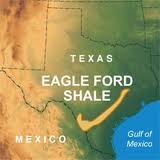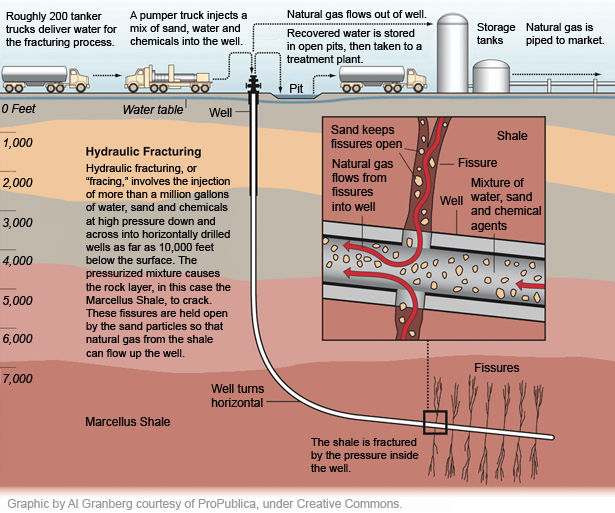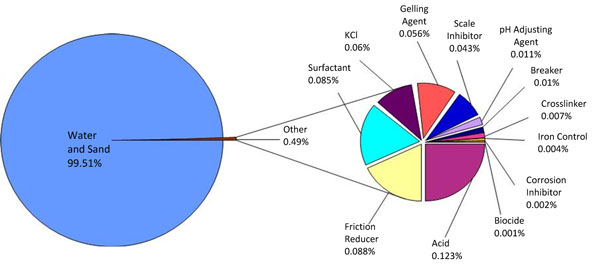Hydrofracking And The Battle Over Water In South Texas
By admin on October 10, 2012
 In an article titled, “Introduction to Hydraulic Fracturing Natural Gas Exploration,” Rebecca Jo Reser, an IADC member and partner at the San Antonio, Texas law firm of Davidson Troilo Ream & Garza, discusses the potential burden that hydraulic fracturing imposes on water resources in South Texas. In areas of South Texas stricken by drought, the issue of water allocation balances signficant strides in economic development and employment attributable to energy exploration and the interests of growers and others who fear that fracking activity may draw down too large a share of scarce water resources.
In an article titled, “Introduction to Hydraulic Fracturing Natural Gas Exploration,” Rebecca Jo Reser, an IADC member and partner at the San Antonio, Texas law firm of Davidson Troilo Ream & Garza, discusses the potential burden that hydraulic fracturing imposes on water resources in South Texas. In areas of South Texas stricken by drought, the issue of water allocation balances signficant strides in economic development and employment attributable to energy exploration and the interests of growers and others who fear that fracking activity may draw down too large a share of scarce water resources.
According to Reser, hydrofracking drilling and production companies compete for scarce water supplies in areas of South Texas,particularly in the Eagle Ford Shale, where drought has resulted in widespread pasture losses, crop failures and shortages of water in reservoirs, rivers and wells. Based upon the tone of the article, it would appear that the battle lines are being drawn in Texas along the fault lines of this issue.
Reser writes, "In an area known for drought and scarcity of water, the fact that this much valuable water will be pumped out, used and then disposed of forever in deep injection wells is something every South Texas resident should be concerned about."
But Chesapeake Energy, an energy company involved in deep shale development in the Eagle Ford Shale, strongly disputes that industry is using too much of the area’s water supply. According to a Chesapeake Energy Fact Sheet, the volume of water necessary to drill and fracture Eagle Ford deep shale wells represents a very small percentage of the total water resources used in the Eagle Ford Shale.
Citing Texas Water Development Board statistics, Chesapeake Energy states that the primary water users in Eagle Ford Shale are irrigation (approximately 70%) and municipal/public water supply (approximately 26%). Moreover, the company observes that its operations differ notably from other uses because it is temporary, occurring only once during the drilling and completion phase of each well. Unlike agricultural uses, use of this water does not represent a long term commitment of the resource. According to a San Antonio Express-News article, last year, the Eagle Ford contributed $25 billion in total economic output in a 20-county South Texas region and provided 47,097 full-time jobs, according to statistics provided by UTSA. Thus, the econoimic benefits of drilling in Eagle Ford Shale are both measurable and significant.
Closer to home, in and around the Marcellus Shale region, the impact of water withdrawals for hydraulic fracturing on the Upper Delaware River and in the Delaware River Basin is the subject of ongoing investigation; however, the discussion has largely focused on environmental issues rather than on competition over scarce resources.

 At a recent
At a recent 